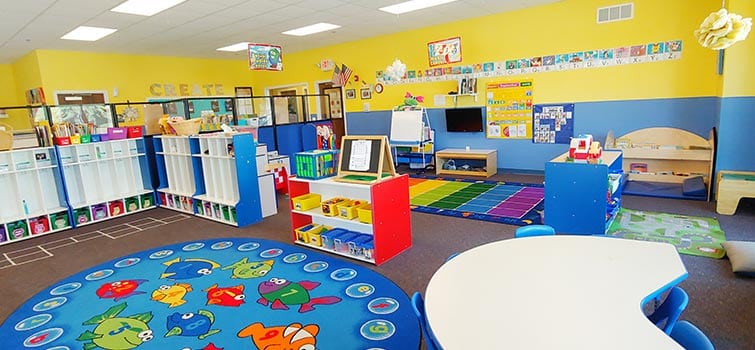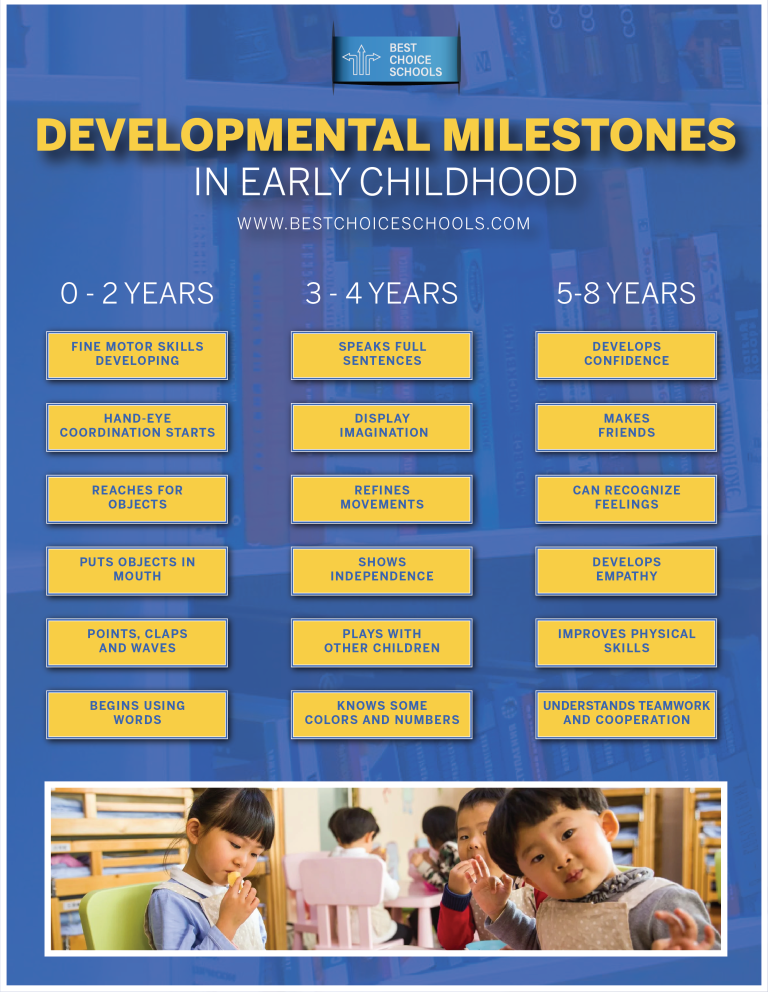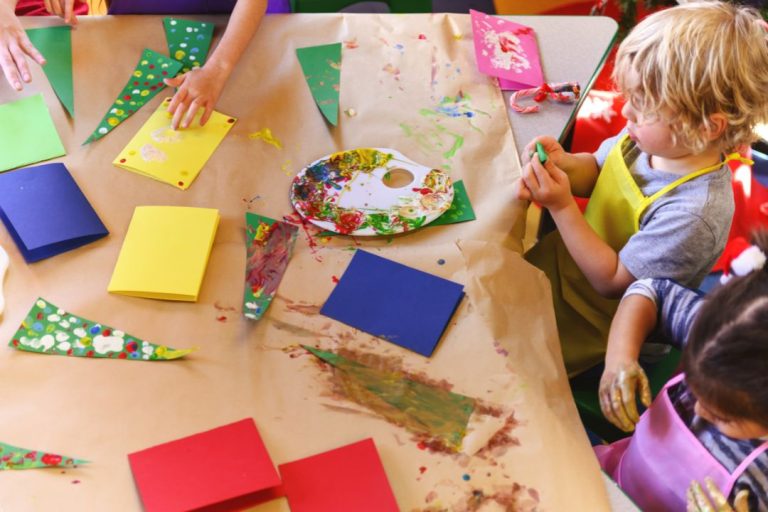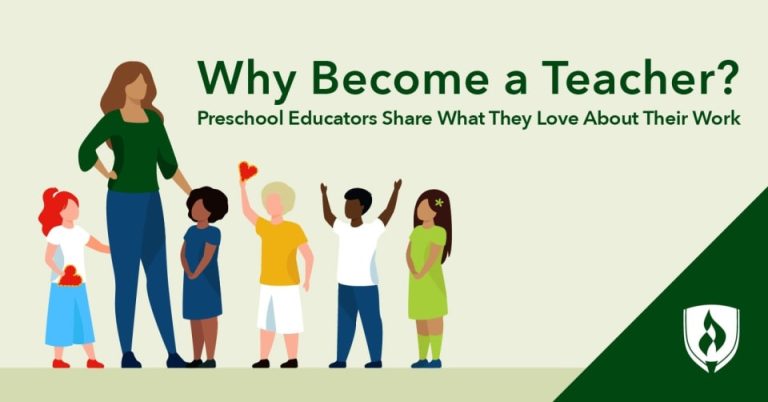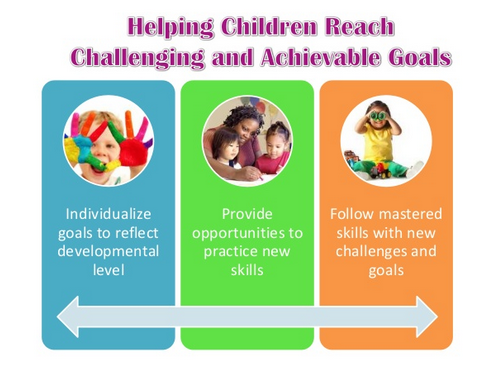What is Considered Early Childhood Education: Key Concepts and Benefits
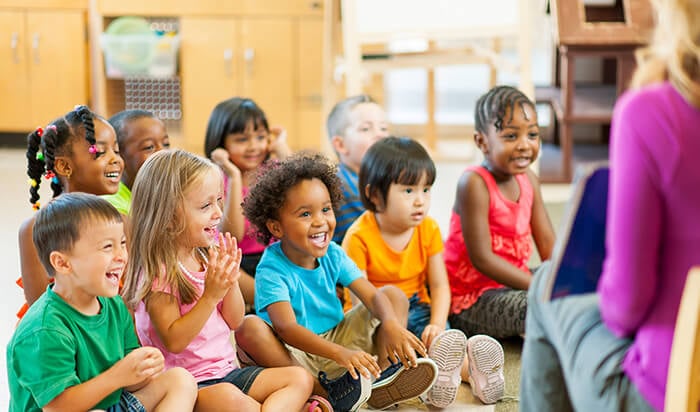
Early childhood education refers to the academic and social development of children aged 3 to 8 years old. During early childhood education, children are exposed to learning experiences that promote cognitive, emotional, physical, and social growth.
This type of education typically takes place in preschool or kindergarten settings, and is designed to prepare children for formal schooling. Early childhood education focuses on developing fundamental skills such as reading, writing, and arithmetic, as well as social skills such as empathy, teamwork, and communication.
The curriculum is typically play-based and child-centered, with a focus on hands-on learning and exploration. Early childhood education is crucial in setting a strong foundation for a child’s academic and social success, and can have long-lasting impacts on their future development and well-being.
Defining Early Childhood Education
Early childhood education refers to the educational programs and strategies designed to cater to the developmental needs of young children from birth to around eight years old. It encompasses a wide range of activities and experiences that are purposefully planned to support children’s cognitive, physical, social, and emotional development during the most critical years of their growth and learning.
Age Range
Early childhood education typically covers the period from birth to around eight years old. This crucial phase marks the formative years of a child’s development, during which their brains are rapidly growing and absorbing information. As such, the learning experiences provided during this period play a vital role in shaping a child’s future academic and social success.
Importance Of Early Years
The early years are a foundational stage in a child’s life, laying the groundwork for their future development and learning. Quality early childhood education programs help foster essential skills and competencies, including social skills, problem-solving abilities, and language development, that are integral to a child’s overall growth and academic success. Additionally, early childhood education programs can significantly impact a child’s long-term academic achievements, as they provide a strong foundation for future learning and cognitive development.
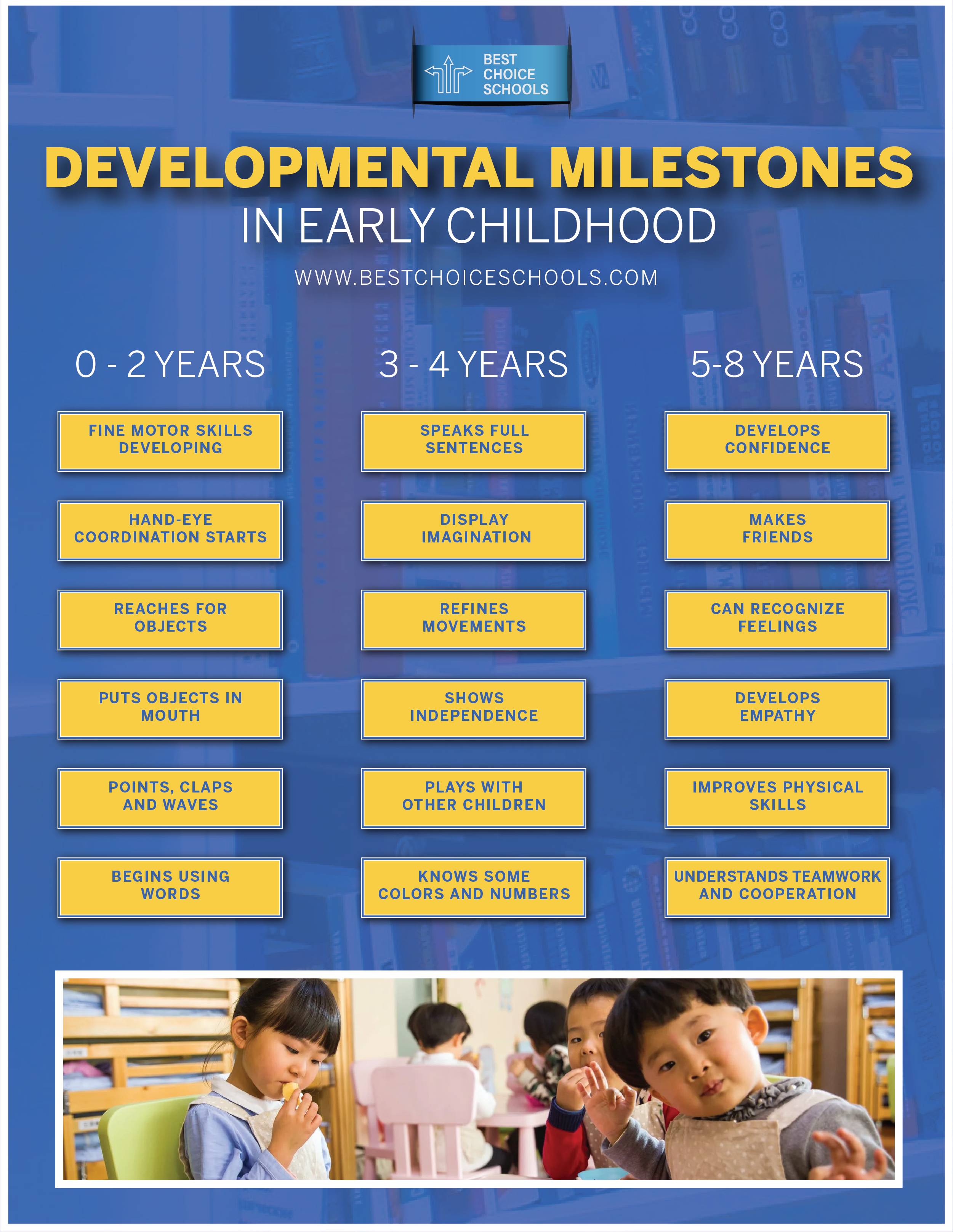
Credit: www.bestchoiceschools.com
Key Concepts In Early Childhood Education
Play-based Learning
Play-based learning is a fundamental concept in early childhood education. It involves children engaging in activities that are fun and interactive, fostering their creativity and imagination. Through play, children develop critical thinking, problem-solving skills, and social interaction.
Social And Emotional Development
Social and emotional development is crucial during early childhood education. It focuses on nurturing empathy, compassion, and conflict resolution. Children learn to express their emotions and develop positive relationships with peers and adults. Social skills and self-awareness are also emphasized in this aspect.
Cognitive Development
Cognitive development in early childhood education involves the growth of intellectual and thinking abilities. It encompasses language development, problem-solving, memory, and logical reasoning. Activities that stimulate cognitive development include storytelling, puzzles, and creative arts.
Benefits Of Early Childhood Education
Early childhood education offers a myriad of benefits that can significantly impact a child’s development and future success. From improved academic performance to enhanced social skills and long-term success, the advantages of early childhood education are both immediate and enduring.
Improved Academic Performance
Early childhood education lays a strong foundation for academic success. Children who participate in quality early learning programs are more likely to develop essential cognitive skills, such as literacy and numeracy, which are crucial for future academic achievement. By engaging in stimulating activities and interactive learning experiences, young learners are better equipped to excel in their educational journey.
Enhanced Social Skills
Early childhood education fosters the development of crucial social skills that are essential for navigating the complexities of interpersonal relationships. Through collaborative play, communication exercises, and group activities, children learn how to interact with their peers, express their thoughts and emotions, and develop empathy and understanding. These social skills lay the groundwork for healthy social interactions and positive relationships throughout their lives.
Long-term Success
The positive impact of early childhood education extends far beyond the formative years. Research indicates that children who have access to high-quality early learning experiences are more likely to achieve higher levels of education, secure stable employment, and experience overall improved well-being in adulthood. By providing a strong educational foundation and nurturing a love for learning, early childhood education sets the stage for long-term success and continued personal growth.

Credit: www.umassglobal.edu
Role Of Teachers In Early Childhood Education
In early childhood education, teachers play a crucial role in shaping the learning and development of young children. They are not just instructors, but also caregivers, role models, and facilitators of growth. The impact of a teacher in a child’s early years can have a lasting effect on their future academic and social success.
Creating A Nurturing Environment
Teachers create a nurturing environment by establishing a warm and welcoming classroom atmosphere where children feel safe and supported. They encourage positive interactions and foster a sense of belonging, allowing children to express themselves freely without judgment.
Facilitating Learning Experiences
Facilitating learning experiences involves providing hands-on activities, encouraging exploration, and stimulating curiosity. Teachers use various tools and resources to engage children in interactive and meaningful learning experiences that promote cognitive, social, and emotional development.
Challenges In Early Childhood Education
Early childhood education refers to the learning and development of children from birth through age eight. Challenges in this field include providing high-quality education for all children, addressing the achievement gap, and supporting children with diverse backgrounds and needs. Effective early childhood education can have lifelong benefits for children and their communities.
Access To Quality Programs
Access to quality early childhood education programs remains a significant challenge for many families. Limited availability of quality programs can hinder children’s development.Funding Constraints
Funding constraints pose a major obstacle in providing adequate resources for early childhood education. This leads to disparities in access and quality of programs. Inadequate funding affects the training and retention of qualified educators. This impacts the overall quality of education provided to young children.Access To Quality Programs
One of the key challenges in early childhood education is the limited access to quality programs. This can hinder children’s development and future success.Funding Constraints
Another significant challenge is the constraints in funding, which often lead to disparities in access and quality of education. This affects the training and retention of qualified educators.
Credit: www.asparis.org
Parental Involvement In Early Childhood Education
Early childhood education refers to the education of children from birth to age eight. Parental involvement in early childhood education is essential for a child’s development and success. It can include activities such as reading to children, engaging in educational play, and attending parent-teacher conferences.
Parental involvement in early childhood education plays a crucial role in a child’s development. It is essential for parents to actively engage with their child’s learning journey to support their overall growth and academic success.Importance Of Parent-teacher Collaboration
Collaboration between parents and teachers is vital for a child’s educational progress. Regular communication and sharing of insights help create a cohesive support system for the child.Supporting Learning At Home
Parents can enhance their child’s learning experience by creating a conducive environment at home. Encouraging reading, exploring educational activities, and providing positive reinforcement foster a love for learning. Involvement in early childhood education benefits children by fostering a positive learning environment.Innovations In Early Childhood Education
Early childhood education has undergone remarkable innovations in recent years, enhancing the learning experience for young children. These innovations have revolutionized the traditional methods of teaching, introducing new approaches that cater to the evolving needs of children in today’s digital age.
Technology Integration
The integration of technology in early childhood education has significantly transformed the way children learn and engage with educational content. Interactive learning apps, educational software, and digital devices have made learning more engaging and effective for young learners. Children can now explore educational concepts through interactive games and multimedia content, fostering a deeper understanding of academic subjects.
Alternative Learning Environments
Alternative learning environments such as outdoor classrooms, nature-based learning, and Montessori education offer children unique opportunities to explore and learn in non-traditional settings. These environments promote creativity, critical thinking, and social skills, providing a holistic approach to early childhood education.
Future Trends In Early Childhood Education
As the landscape of early childhood education evolves, several key trends are shaping the future of this field. With a focus on meeting the diverse needs of young learners, innovative approaches are emerging to ensure every child has access to quality education from an early age.
Focus On Early Intervention
Early intervention strategies are gaining prominence in early childhood education to identify and address developmental delays or challenges at a young age, setting children up for success in later years.
Inclusive Education Practices
Inclusive education practices are becoming more prevalent, emphasizing the importance of creating learning environments that cater to the individual needs of all children, including those with disabilities or special requirements.
Frequently Asked Questions
What Is Considered Early Childhood?
Early childhood typically refers to the period from birth to around age 8. It is a crucial developmental stage.
What Is The Difference Between Preschool And Early Childhood Education?
Preschool focuses on play-based learning for children aged 3-5, while early childhood education encompasses a broader age range, including infancy to age 8. Preschool is a specific program within early childhood education. Both emphasize social, emotional, and cognitive development through age-appropriate activities.
How To Define Early Childhood Education?
Early childhood education is the learning process for children aged 0-8 years. It focuses on social, emotional, cognitive, and physical development through structured activities.
How Many Levels Are There In Early Childhood Education?
There are typically three levels in early childhood education: preschool, pre-kindergarten, and kindergarten.
Conclusion
Early childhood education lays the foundation for a child’s future success. It encompasses crucial developmental stages. Engaging and nurturing environments are key. By understanding its importance, we can support young learners effectively. Let’s continue to prioritize quality early childhood education for a brighter tomorrow.
Lorem Ipsum is simply dummy text of the printing and typesetting industry. Lorem Ipsum has been the industry’s standard dummy text ever since the 1500s, when an unknown printer took a galley of type and scrambled it to make a type specimen book.


